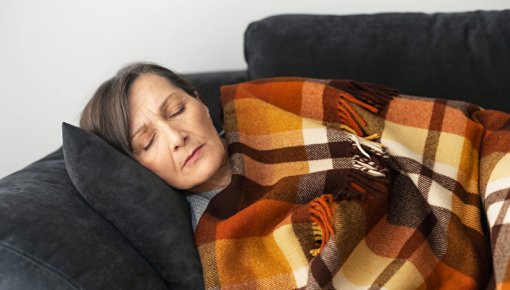Arbabi M, Sheldon R, Bahadoran P et al. Treatment outcomes in mild traumatic brain injury: a systematic review of randomized controlled trials. Brain Inj 2020; 34(9): 1139-1149.
Deutsche Gesellschaft für Neurochirurgie (DGNC). Schädel-Hirn-Trauma im Erwachsenenalter (S2e-Leitlinie, in Überarbeitung). AWMF-Registernr.: 008-001. 2015.
Gänsslen A, Schmehl I. Leichtes Schädel-Hirn-Trauma im Sport. Handlungsempfehlungen. Bundesinstitut für Sportwissenschaft (BISp). 2015.
Gesellschaft für Neonatologie und pädiatrische Intensivmedizin e.V. (GNPI). Das Schädel-Hirn-Trauma im Kindes- und Jugendalter (S2k-Leitlinie). AWMF-Registernr.: 024-018. 2022.
Langevin P, Frémont P, Fait P et al. Aerobic Exercise for Sport-related Concussion: A Systematic Review and Meta-analysis. Med Sci Sports Exerc 2020; 52(12): 2491-2499.
Lumba-Brown A, Yeates KO, Sarmiento K et al. Centers for Disease Control and Prevention Guideline on the Diagnosis and Management of Mild Traumatic Brain Injury Among Children. JAMA Pediatr 2018; 172(11): e182853.
McCrory P, Meeuwisse W, Dvorak J et al. Consensus statement on concussion in sport - the 5th international conference on concussion in sport held in Berlin, October 2016. Br J Sports Med 2018; 51(11): 838-847.
Möller MC, Lexell J, Wilbe Ramsay K. Effectiveness of specialized rehabilitation after mild traumatic brain injury: A systematic review and meta-analysis. J Rehabil Med 2021; 53(2): jrm00149.
National Institute for Health and Care Excellence (NICE). Head injury: assessment and early management (NICE Clinical Guidelines; No. 176). 2019.
Ontario Neurotrauma Foundation (ONF). Guideline for Concussion / Mild Traumatic Brain Injury and Prolonged Symptoms. Health Care Professionel Version, 3rd Ed. Adults 18+ years of age. 2018.
Pschyrembel Online. 2021.
Sarmiento K, Waltzman D, Lumba-Brown A et al. CDC Guideline on Mild Traumatic Brain Injury in Children: Important Practice Takeaways for Sports Medicine Providers. Clin J Sport Med 2020; 30(6): 612-615.
Sveen U, Søberg HL, Østensjø S. Biographical disruption, adjustment and reconstruction of everyday occupations and work participation after mild traumatic brain injury. A focus group study. Disabil Rehabil 2016; 38(23): 2296-2304.
Van Ierssel J, O'Neil J, Sveistrup H et al. A qualitative study of persons with persistent postconcussion symptoms and clinicians with concussion expertise to inform the development of a concussion-specific questionnaire. Disabil Rehabil 2021; 43(23): 3365-3376.
IQWiG health information is written with the aim of helping people understand the advantages and disadvantages of the main treatment options and health care services.
Because IQWiG is a German institute, some of the information provided here is specific to the German health care system. The suitability of any of the described options in an individual case can be determined by talking to a doctor. informedhealth.org can provide support for talks with doctors and other medical professionals, but cannot replace them. We do not offer individual consultations.
Our information is based on the results of good-quality studies. It is written by a team of health care professionals, scientists and editors, and reviewed by external experts. You can find a detailed description of how our health information is produced and updated in our methods.

